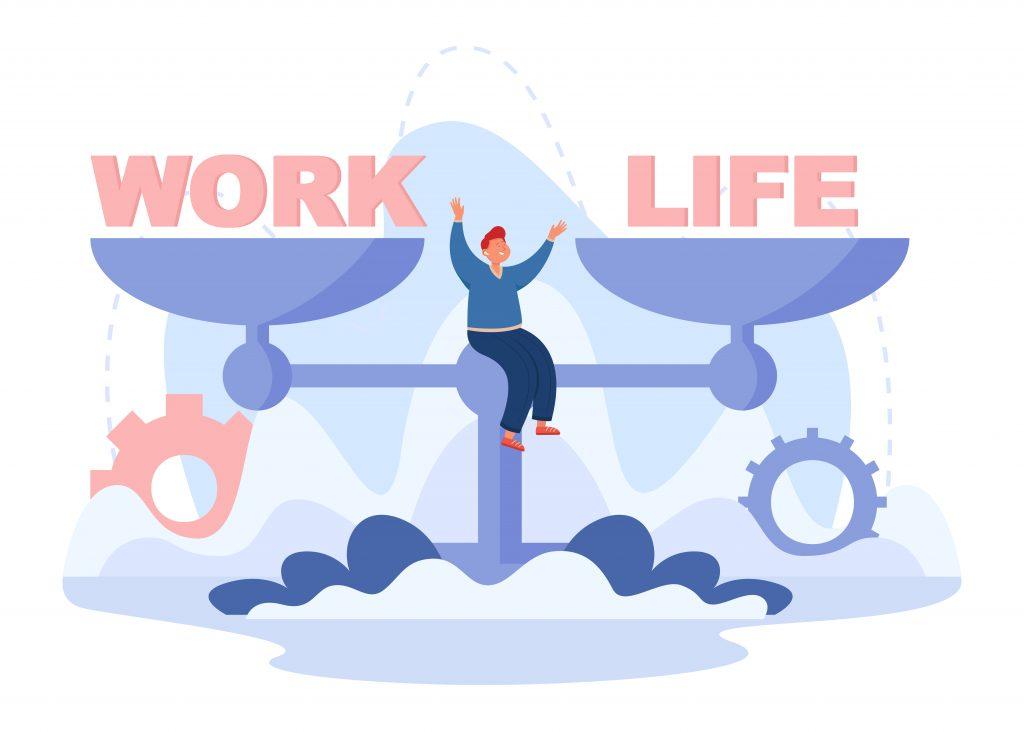Organisations can position themselves as ethical and sustainable enterprises, recruiting top talent, and winning the respect and allegiance of stakeholders by establishing an ethical culture.
It is a theory that emphasises how crucial it is for leaders to act honourably, honestly, and with a strong sense of moral principles. Ethical leaders prioritise the welfare of their stakeholders and employees in addition to making wise judgements for the advancement of their organisations. The importance of ethical leadership and its effects on organisational culture, employee morale, and overall success will be discussed in this article.
1. Defining Ethical Leadership:
a. Integrity and Transparency:
Integrity and openness in decision-making are key components of ethical leadership. Even when presented with morally challenging decisions, ethical leaders show they are trustworthy, honest, and committed to upholding the highest standards of conduct.
b. Values and Morals:
A set of guiding moral norms and beliefs serve as the moral compass for ethical leaders. They provide an example for others in the organisation to follow by making decisions and acting in a way that is consistent with their principles.
2. Fostering a Positive Organizational Culture:
a. Ethical Standards:
They set forth certain guidelines for moral conduct and make sure that each employee is aware of and follows them. This encourages a climate of honesty, accountability, and respect for one another.
b. Open Communication:
In the workplace, ethical leaders encourage direct and honest communication. They foster an atmosphere where workers may voice their concerns without worrying about repercussions, report unethical behaviour, or express their thoughts.
c. Ethical Decision-Making:
Employees are included in the decision-making process by ethical leaders who take various viewpoints and ethical ramifications into account. They promote discussion and debate, enabling ethical issues to be thoroughly examined before choices are made that have an impact on the organisation and its stakeholders.
3. Building Trust and Employee Morale:
a. Trustworthy Leadership:
Leaders gain the trust and confidence of their teams by continuously acting morally and in the best interests of the organisation and its stakeholders. This promotes a favourable work atmosphere and raises morale among the workforce.
b. Employee Empowerment:
By giving their staff members autonomy, decision-making power, and development chances, ethical leaders empower their workforce. Leaders foster a feeling of ownership and commitment among team members by having faith in their workers and appreciating their contributions.
c. Fairness and Equity:
Fairness and equity are prioritised by ethical leaders in the workplace. They guarantee that workers receive respect, equitable opportunities, and merit-based recognition and compensation. Fairness is created as a result, and a productive workplace environment is fostered.
4. Organizational Success and Long-Term Sustainability:
a. Reputation and Stakeholder Trust:
Customers, partners, and investors establish trust and confidence in the company when executives continuously behave with integrity and moral principles, which promotes long-term sustainability and success.
b. Ethical Decision-Making and Risk Mitigation:
Ethical decision-making is given priority by ethical leaders, who also take into account any potential dangers and long-term effects of their decisions. Leaders reduce the possibility of legal and reputational harm to the company by thinking about the ethical consequences of their choices.
c. Attracting and Retaining Talent:
Organisations with strong ethical ideals and leaders that appreciate ethical behaviour attract employees. As a result, the company may have a motivated and talented workforce that fosters innovation and growth.
Forging trust, fostering a healthy work environment, and ensuring organisational success all depend on ethical leadership. Leaders that place a high priority on ethics and integrity not only set a good example for their teams, but also motivate them to follow suit.



